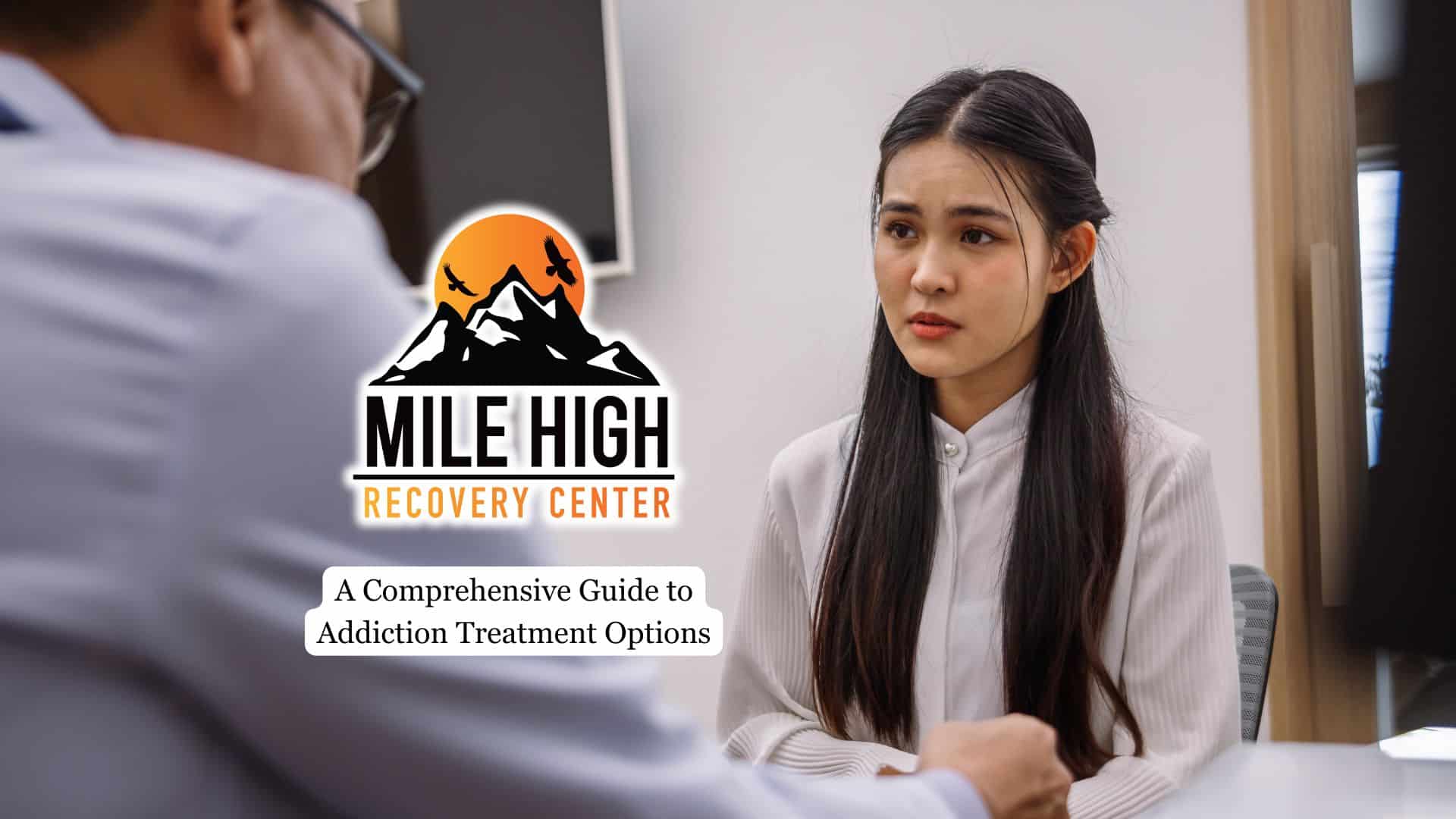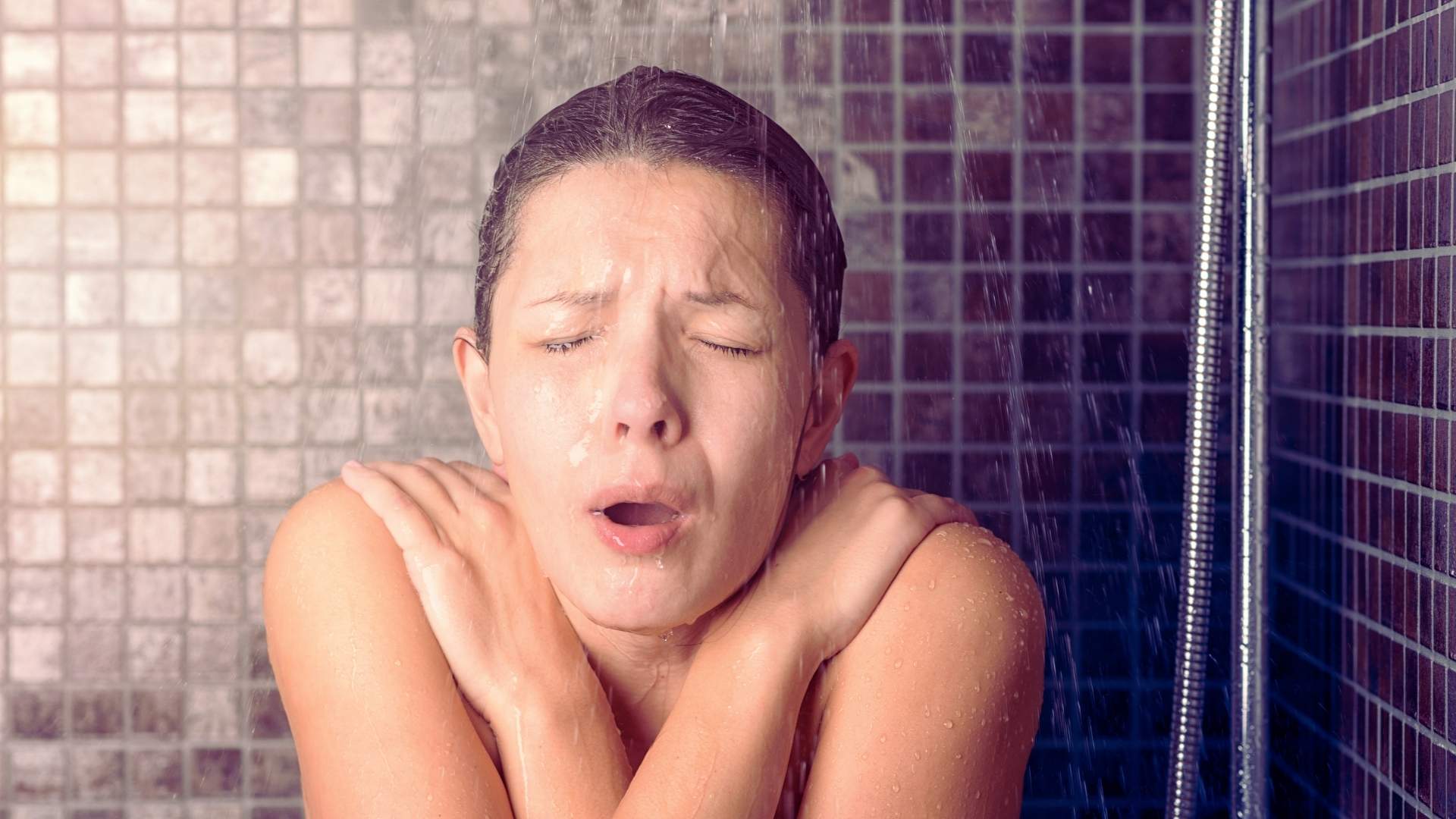Substance use disorders require professional help, as untreated addiction can worsen over time and affect physical and mental health. Seeking treatment is critical for those struggling with addiction, and understanding the variety of options available can empower individuals and their loved ones to choose the most effective path to sobriety.
This comprehensive guide explores different modalities, levels of care, and strategies to support recovery.

Levels of Care in Rehabilitation
Recovery programs vary based on the severity of substance abuse and the unique needs of the individual.
Detoxification/Withdrawal management
Detoxification is the initial phase, focused on safely managing the physical symptoms that occur when a person stops using alcohol or drugs. During detox, the body detoxifies itself from the substance, but this process can produce severe withdrawal symptoms such as tremors, nausea, anxiety, or seizures, especially with alcohol and opioid use. Medically supervised detox in inpatient care settings ensures that these symptoms are carefully monitored and managed with appropriate medications, reducing risks and discomfort. This controlled environment also provides a crucial foundation for beginning further addiction treatment.
Outpatient Programs
Outpatient programs offer a drug-free setting with less intensive support compared to inpatient care. These programs typically involve scheduled individual or group therapy and counseling sessions that enable clients to live at home, maintain responsibilities like work or school, and gradually apply coping skills in real life. Outpatient care is ideal for those with mild to moderate substance use disorders who have a stable and supportive living environment. The flexibility of outpatient programs helps individuals sustain their recovery while receiving ongoing therapeutic support.
Intensive Outpatient Programs (IOPs)
Intensive Outpatient Programs and Partial Hospitalization Programs (PHPs) serve those who require a higher level of care than traditional outpatient services but do not need 24-hour supervision. IOPs and PHPs provide structured treatment several hours a day, multiple days per week, integrating behavioral therapies such as cognitive behavioral therapy (CBT), motivational enhancement therapy (MET), and group counseling. These settings emphasize learning new coping skills, managing cravings, and addressing co-occurring mental health conditions like anxiety or depression. Partial hospitalization typically involves more comprehensive daily treatment and may be recommended for individuals transitioning from inpatient care.
Residential or Inpatient Programs
Residential treatment typically provides a structured living environment focused on therapy and daily support without intensive medical oversight, making it suitable for those who need a safe space to focus on recovery but do not require continuous medical monitoring.
In contrast, inpatient treatment includes 24-hour medical supervision and is designed for individuals who need more intensive care, such as managing severe withdrawal symptoms or co-occurring medical conditions. It combines medical supervision, individual and group therapy, behavioral therapies, and a comprehensive treatment plan tailored to the person’s unique needs. The controlled setting allows clients to focus fully on recovery, build sobriety foundations, and receive integrated care if necessary.
Both programs are essential for people facing intense addiction, complex co-occurring disorders such as PTSD, or those whose home environment may trigger relapse. Choosing the appropriate level of care depends on the patient’s goals, severity of substance use, mental health status, and presence of another mental health condition.
Medication-Assisted Treatment (MAT)
Medication-assisted treatment is an evidence-based approach that combines prescribed medications with behavioral therapies. Common medications used include methadone and buprenorphine, which help manage dependency on opioids, and naltrexone, which is effective for alcohol use disorder and opioid addiction. These medications work by reducing cravings and easing withdrawal symptoms, allowing individuals to focus on recovery and continue being treated.
While MAT is a powerful tool, it works best when combined with psychotherapy and counseling provided by a qualified mental health professional..

Behavioral Therapies and Counseling
Behavioral therapies form the cornerstone of rehab programs and address the psychological aspects of substance use disorder. Common types include CBT, which helps identify and change unhealthy thought patterns and behaviors, and MET, which enhances an individual’s motivation to engage in healing and persist in recovery.
Other therapies like contingency management offer rewards for positive behaviors, supporting continued sobriety. It may involve individual and group therapy, family therapy, and marital counseling, providing a supportive environment to work through challenges.
Therapists and counselors also employ dialectical behavior therapy (DBT) to help individuals learn new coping skills and manage stress. These therapies are essential for relapse prevention and long-term recovery by addressing triggers, PTSD, and co-occurring mental health conditions.
Aftercare, Relapse Prevention, and Support Systems
Continued care is vital for sustained sobriety. Aftercare includes ongoing counseling, support groups like Alcoholics Anonymous (AA), Narcotics Anonymous (NA), and mutual support networks that provide social support.
Recognizing warning signs of relapse and managing cravings through learned coping skills and therapy sessions is crucial. Primary care providers and mental health professionals often collaborate to monitor physical and mental health post-rehab. Engaging with peer support and mutual aid groups creates a community that fosters accountability and encouragement.
Specialized Programs
Certain populations require tailored substance abuse treatment due to unique needs. Adolescents, pregnant women, and individuals with co-occurring substance use and mental health disorders benefit from specialized programs that integrate treatment with mental health care. Dual diagnosis addresses both addiction and another mental health condition simultaneously.
Legal and social services integration also supports recovery by assisting with housing, employment, and legal challenges that may interfere with one’s success.
Final Thoughts from Mile High Recovery
Whether through outpatient care or residential treatment, behavioral therapies, or medication-assisted treatment, comprehensive and individualized care is essential to focus on your recovery.
At Mile High Recovery, our residential facility in Denver, CO, offers evidence-based addiction treatment combined with a person-centered approach that emphasizes structure, community, and support. These programs prioritize emotional, physical, and spiritual wellness, creating a safe and welcoming environment where individuals feel connected and understood.







